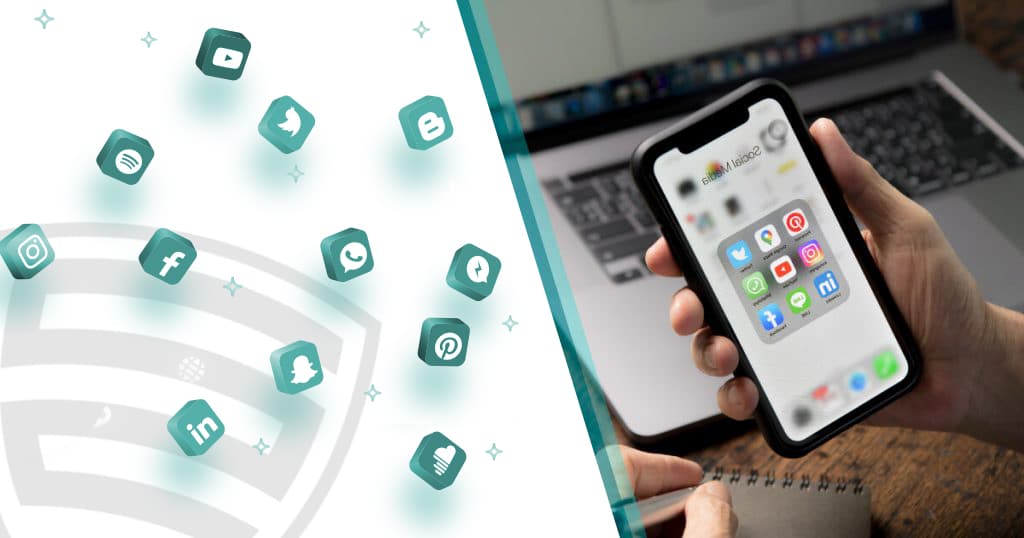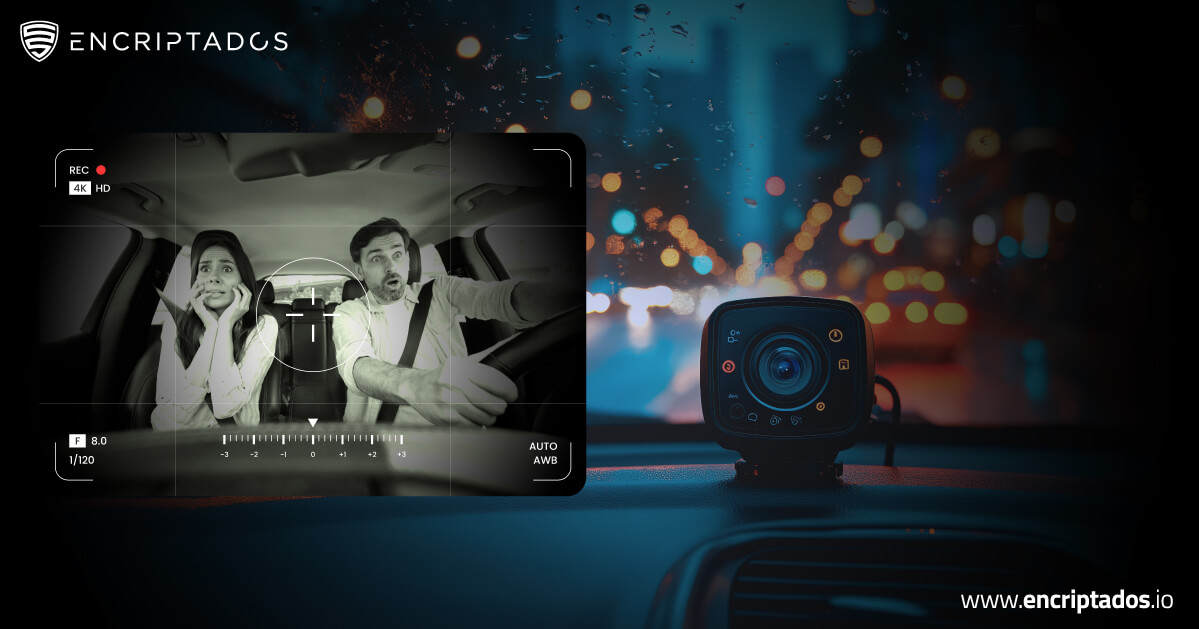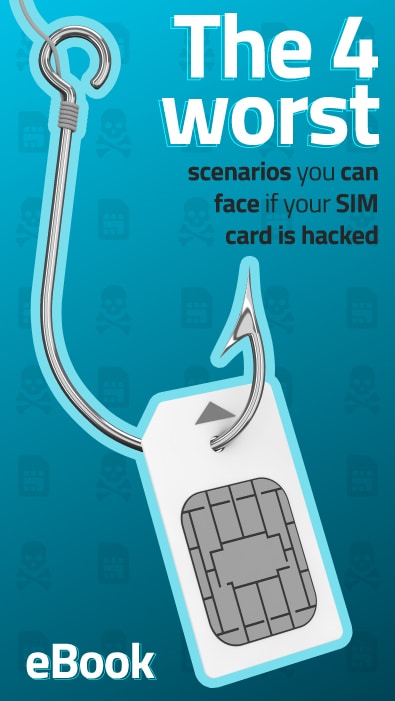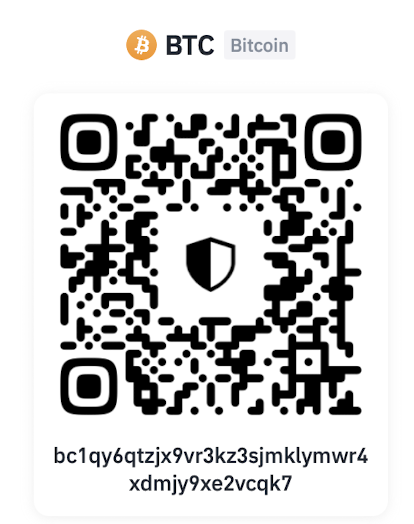It is no longer a secret that mobile applications ask for your personal data to function correctly. In many cases, if you do not accept the permissions, the download is not possible.
Games, social networks, mobile messaging applications, even the flashlight or alarm clock app have your information and do whatever they please with it. In this article we will explain why this happens and what happens to the data. We will also show you some safer options.
INDEX
- data privacy
- Why mobile applications collect your data?
- Some safer options
According to Symantec ‘s study , quoted in the Colombian newspaper El Tiempo “45% of the analyzed applications for Android ask to know your location and 46% of the applications have access to your camera; Regarding the iOS operating system, the sample shows that 25% of the applications have access to the location and the camera”. Do we really know who is viewing our private data or how they are using it?

data privacy
Years ago, before starting to download an application, it asked you whether or not you agreed with its data processing policy, in fact, it showed you what permissions you needed to install it. Now, in most cases, this filter has disappeared and the companies behind these apps assume that by clicking “download”, we have given our consent .
Once installed, the application begins to request permissions and at this moment we are the ones who decide what the application will have access to.
Will we allow you to access our contact list? to the calls? Will we let you know our location or our mail information? Will we allow him access to the camera, to the microphone? We automatically click “allow” because either we don’t care, or the app simply tells you that it needs them to work.
Why mobile applications collect your data?
According to a report in the Wall Street Journal , the Office of Customs and Border Protection (CBP) and the Immigration and Customs Enforcement Service (ICE) of the United States bought a database with personal information collected by mobile applications, which used to detect and detain undocumented immigrants.
Yes, the applications you have on your cell phone sell the information of millions of users around the world, when they are not governments , they are companies that buy them and then sell us their advertising.
Some safer options
Currently it is difficult to find mobile applications that do not collect personal data. There will never be a social network or a game that does not have ulterior motives with our information.

And although today there is a slogan that nothing is private, fortunately it is possible to find instant messaging applications that really minimize (or eliminate) data collection.
Vault Chat, SecureCrypt, Salt, SilentCircle and ThreemaWork , are applications created by expert cryptography companies who detect information leaks and keep them up to date with the latest developments. The data collected by these is, in many cases, null. Even so, if the organization decided to store them, it would do so following all the encryption protocols impossible to crack.
conclusion
Mobile applications have not made life easier, yes, however it is necessary to guarantee that our personal data is private and not used by third parties for their own benefit, in reality it all boils down to being more responsible with the information we provide and opting for more efficient tools. safe. Visit Encrypted and learn more about secure communication.















